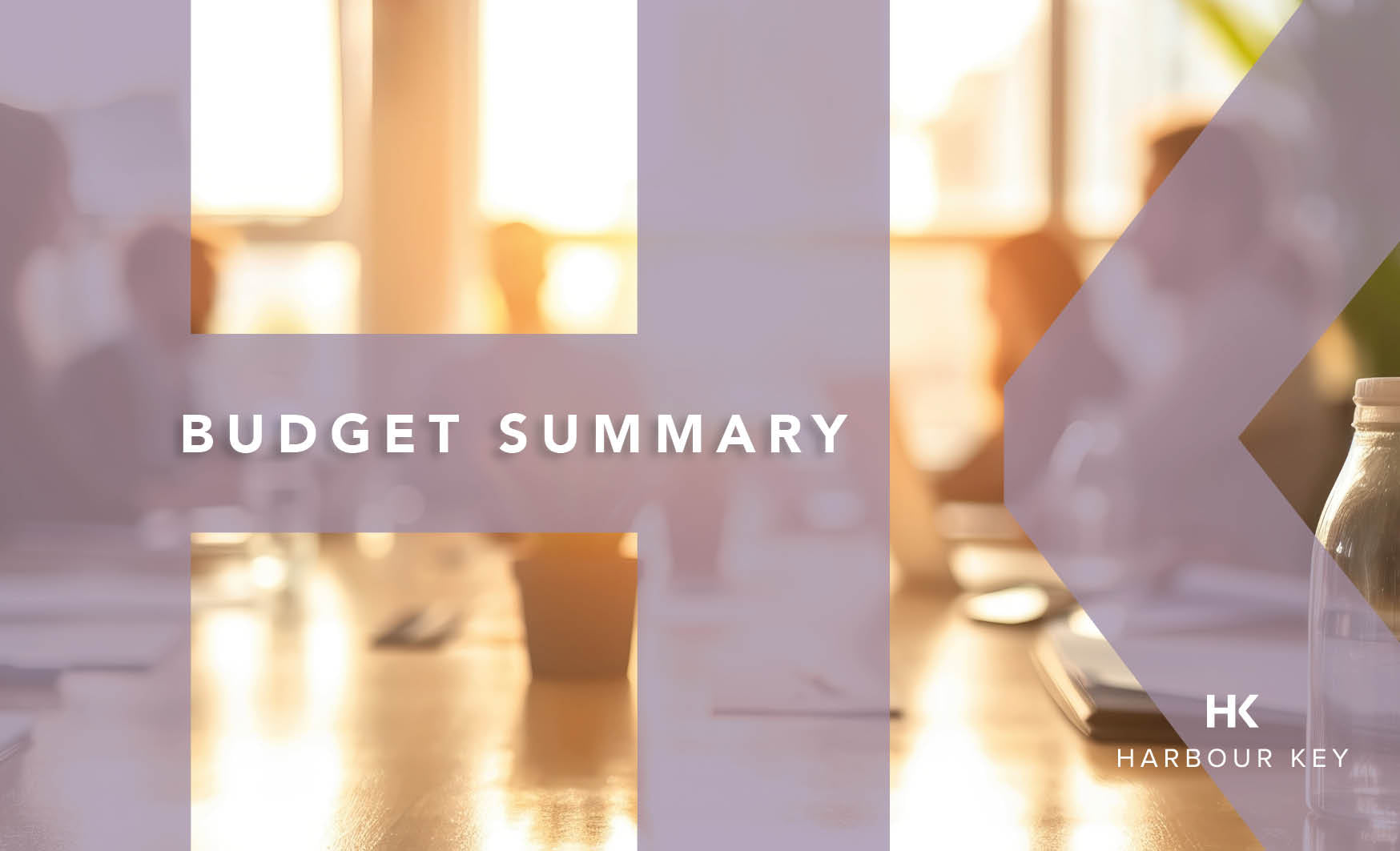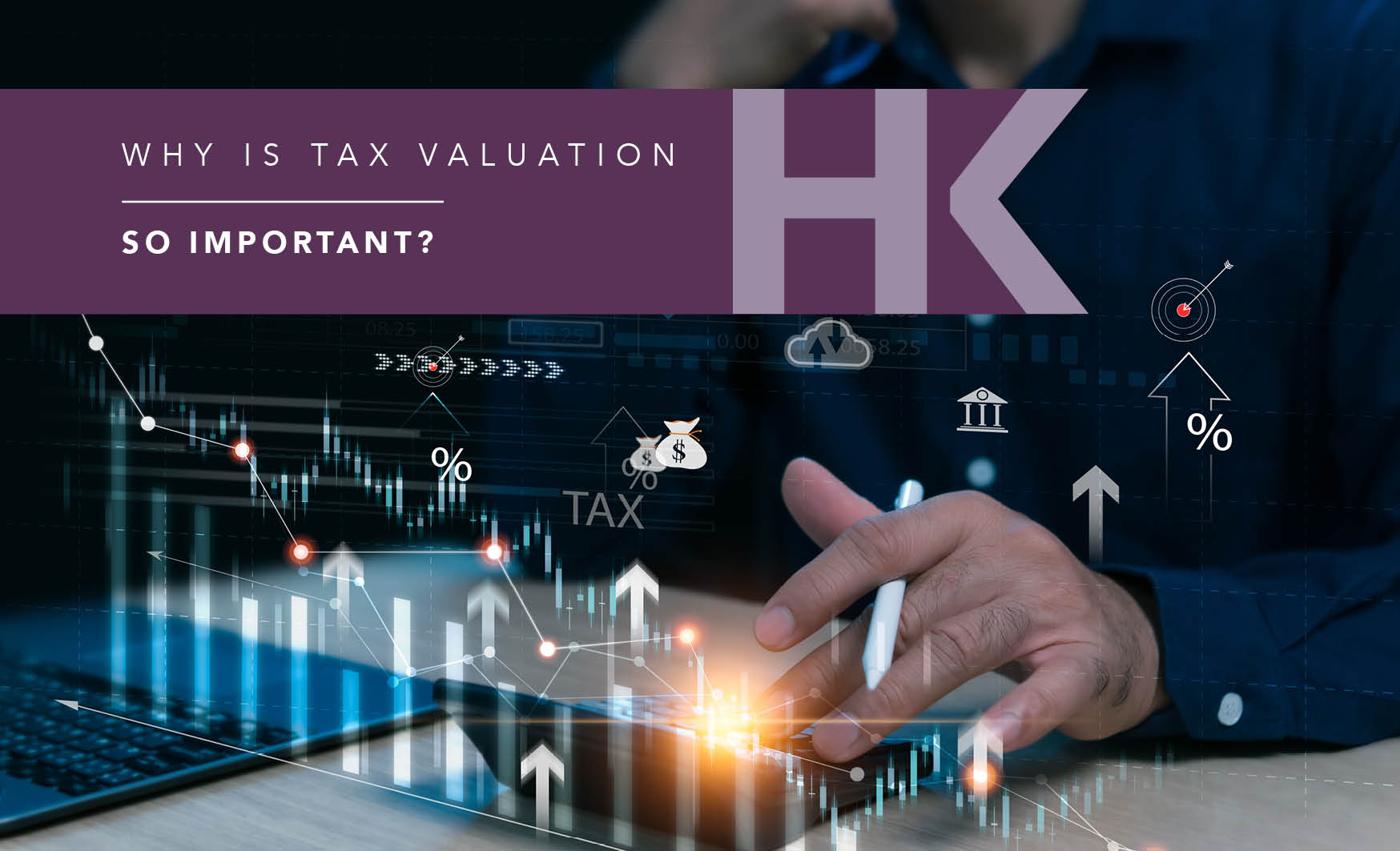
The Spring Statement was about growth, and although not many tax changes announced, there were some measures announced to support The Chancellor’s growth strategy, which sat in his Enterprise and Employment pillars.
We have summarised the announcements below.
Full Expensing - Capital Allowances
On 31 March 2023, the 130% Super Deduction for qualifying capital expenditure made by companies will come to an end.
Replacing this, from 1 April 2023 and running for three years, is what is being called Full Expensing.
As with the 130% Super Deduction, Full Expensing will only be available to companies (not unincorporated businesses such as sole traders or partnerships). Full Expensing will run alongside the Annual Investment Allowance (“AIA”) which provides 100% first-year relief for plant and machinery investments up to £1 million.
Full Expensing will offer 100% first-year relief to companies on qualifying new main rate plant and machinery investments, and 50% first-year allowance (FYA) for expenditure by companies on new special rate (including long life) assets.
As with the 130% Super Deduction, the plant and machinery must be new and unused, must not be a car, given to the company as a gift, or bought to lease to someone else. Expenditure on second-hand assets and those bought to lease to someone else can still qualify for the AIA.
Given that only a limited number of companies expect to exceed the current £1million AIA limit, and therefore will already receive 100% first year relief on all capital expenditure that would also qualify for Full Expensing, this policy is unlikely to benefit many companies.
R&D changes
As previously announced in November, from 1 April 2023 there will be a number of changes to the R&D tax relief regime. These include:
- Extending qualifying costs to include data costs and cloud computing costs;
- That all R&D claims must be submitted electronically through HMRC’s tax return portal;
- A compulsory additional information form will need to be filed with the R&D claim (from claims made after 1 August 2023);
- All claims will need to be endorsed by a named senior officer of the claimant company;
- Companies will need to notify HMRC within 6 months of the end of a period if they plan to make an R&D claim, where no claim has been made in the previous three years (however no guidance on how to make a notification has yet been provided);
- The SME additional deduction rate reduced from 130% to 86%, and the SME payable credit reduced from 14.5% to 10%;
- The RDEC credit rate increased from 13% to 20%.
The Spring 2023 Budget has targeted an ‘enhanced’ support for loss-making SMEs with an R&D intensity (the percentage of total expenditure that is qualifying R&D expenditure) of at least 40%, such that qualifying companies can obtain a 14.5% R&D credit on losses, rather than the normal SME rate of 10%. This is to really target the science and innovation areas of the economy.
Pension Tax Limits changes
This was the main part of the speech, which will impact a number of clients.
All changes taking effect from 6 April 2023:
- The pension Annual Allowance (“AA”), the amount you can contribute to a pension annually, will be increased from £40,000 to £60,000. Total annual contributions exceeding £60,000 will be subject the pension excess charge.
- The Money Purchase Annual Allowance (“MPAA”), will increase from £4,000 to £10,000. The tapered Annual Allowance (“AA”) will also increase from £4,000 to £10,000, with the adjusted income threshold moving from £240,000 to £260,000.
- The pension Lifetime Allowance (“LTA”), the maximum of tax relievable pensions an individual can benefit from, will be abolished, meaning that nobody will face an LTA charge from April 2023.
It should be noted that although the LTA will be abolished, the 25% tax-free lump sum will continue to be restricted to 25% of the current LTA (£268,275 for those without fixed protection) and will not be lifted when the LTA is lifted.
Tax Evasion
- Jail sentences of up to 14 years will be introduced for tax fraudsters, doubling the current maximum sentence for the most egregious cases of tax fraud.
- A consultation will take place re the introduction of a new criminal offence for promoters of tax avoidance who fail to comply with a legal notice from HMRC to stop promoting a tax avoidance scheme.
- HMRC will receive a further £47.2m to improve capability to collect tax debts, including supporting those who are temporarily unable to pay.
Should you wish to speak to us or need assistance on tax and accounting matters, please get in contact with us.



